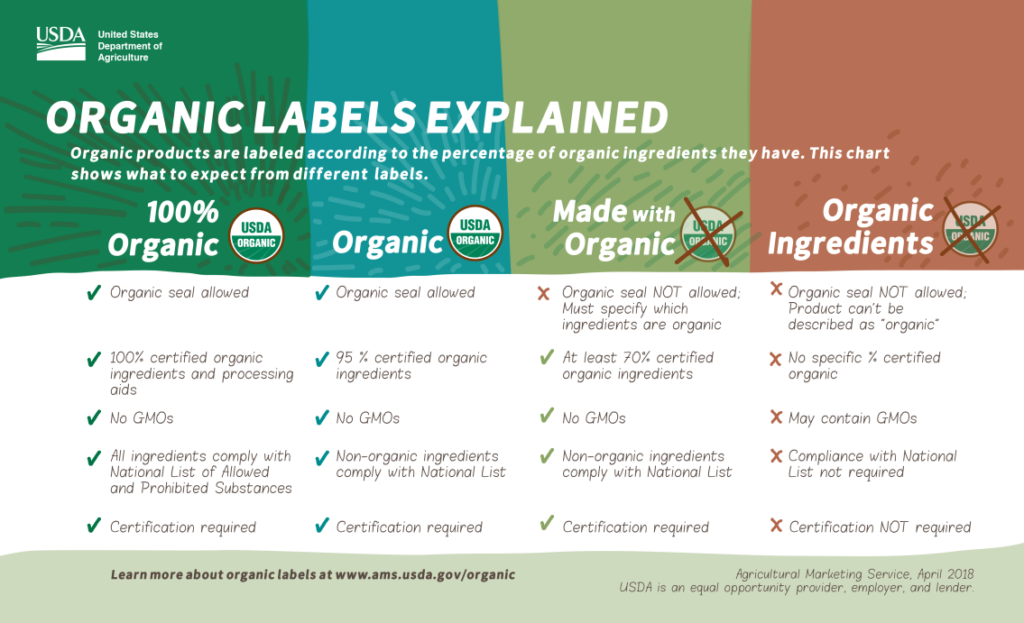INFLAMMATION
How to manage it?
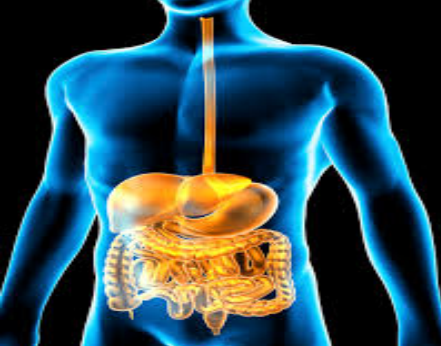
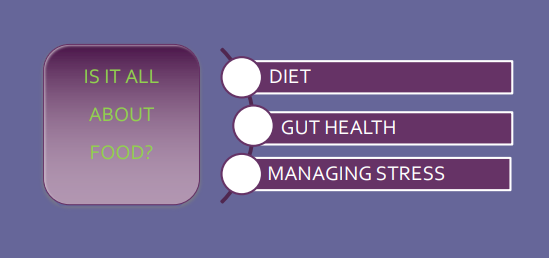
ROLE OF SUGAR IN INFLAMMATION
Consuming too much added sugar and refined carbohydrates is linked with increase in
inflammation in the body as well as insulin resistance and weight gain.
Ø In the US Overall sugar energy intakes are, however, still much higher than the United
Kingdom’s Scientific Advisory Committee on Nutrition (SACN) guidelines, which recommend a
maximum free sugars intake of 5% daily energy intake, and the World Health Organization
(WHO), which recommends a maximum of 10% (5% for further health benefits)
https://www.ncbi.nlm.nih.gov/pmc/articles/PMC5986486/
Ø Americans 2 years and older keep their intake of added sugars to less than 10% of their total
daily calories. For example, in a 2,000 Calorie diet, no more than 200 calories should come from
added sugars (about 12 teaspoons or 50gms).
https://www.cdc.gov/nutrition/data-statistics/added-sugars.html
• Excess sugar in the blood may affect the other vital organs in the body by damaging the
blood vessels that supplies blood to these organs, thereby possibly causing high blood
pressure, type 2 diabetes, neuropathy etc.
WHAT IS PLU? - price look-up codes
Ø PLU codes are 4 or 5- digits numbers that are assigned randomly to the produce. The prefix”9″
is added to the 4 digit conventionally grown code for the organic produce as per IFPS
(International Federation for Produce Standards)
https://www.ifpsglobal.com/Portals/22/PLU%20Site%20FAQs%20Aug%202015%20v2.pdf?ver=2017-11-15-
152805-713
Ø Please Refer to the image at the end of the article to understand the organic food labelling.
THE NUTRITION LABEL- what do I need to look for?
Serving size
Ø Calories
Ø Nutrients- choose the food higher in dietary fiber, calcium, potassium and iron; low in saturated
fat, sodium, and added sugars. Refer to the link below for the updated reference values by FDA.
https://www.fda.gov/food/new-nutrition-facts-label/daily-value-new-nutrition-and-supplementfacts-labels
Ø Be aware of the daily values, and as mentioned 5% or less is considered low and 20% or more
is considered high intake as per FDA.
Ø Be aware of the added sugars as well and not to exceed the recommendations and follow
personalized recommendations in case of any specific health conditions.
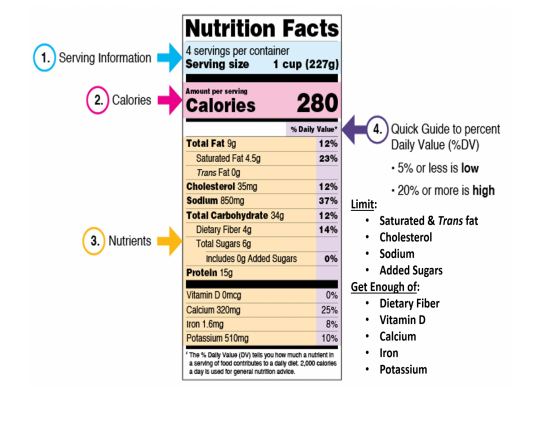
GUT HEALTH
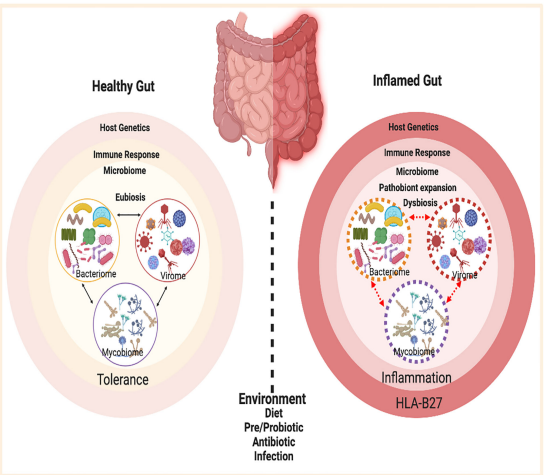
- The gut is not only considered as a system for digestion but a crucial regulator for immune and cognitive functions as well.
- Did you know that our gastrointestinal tract is home to the most ancient nervous system?
Does this sound familiar? “I HAVE A GUT FEELING THAT IT MAY NOT WORK” - The gastrointestinal (GI) tract is home to ~500 million enteric neurons, ~70% of the body’s immune cells, and over 100 trillion microbes
- Does this mean that our GUT and Brain are connected? The answer is YES!
- GUT health affects how we feel, our happiness, anxiety and cognitive health relies on the gut environment, which is mainly the microbiome, which in turn controls the production of neurotransmitters etc. that play a crucial role in our immune response and overall feeling of wellbeing.
- The evidence suggests that the dysbiosis of the gut bacteria may influence the development of the immune system, the integrity of the intestinal mucosal barrier. In turn, this might lead to dysregulation of the immune system, thereby possibly playing a role in the development of JIA (1)
- A lot of information needs to be monitored from the gut, such as ingested food, energy homeostasis, inflammatory responses, and digestion, to ensure appropriate regulation of body’s physiological processes and behaviors to gain optimum overall health.
Studies indicate a clear association between many neurological disorders and digestive problems in human patients and extensively demonstrates in early studies suggesting that the gut-brain axis is not only important for appetite control and intestinal immunity but also essential for brain cognitive functions and overall mental health (2)
1. The Human Microbiome and Juvenile Idiopathic Arthritis Anouk Verwoerd
https://www.ncbi.nlm.nih.gov/pmc/articles/PMC5028952/
2. Vagal sensory neurons and gut-brain signaling. Chuyue D Yu, Qian JXu
https://www.clinicalkey.com/service/content/pdf/watermarked/1-s2.0-
S0959438820300635.pdf?locale=en_US&searchIndex=
MANAGING STRESS
FOOD TO FEELING AND MANAGING THE STRESS
Stress is inevitable, we all agree! It is a natural response to any threat that we may perceive. This prepares our body to be able to respond in that particular situation by increasing the blood flow to the organs which increases our heart rate, dilates the bronchi, increased blood glucose levels, decreasing stomach acid etc. This shall go back to the relaxed state as soon as the situation of stress is over but at times we stay in a prolonged state of stress. Research suggests that chronic state of stress is linked with anxiety, depression, high blood pressure, clogged arteries etc.
Further, multiple studies show the potential of vagal nerve stimulation to control the inflammation and
improve the organ function in various conditions from arthritis to diabetes, colitis and sepsis (1)
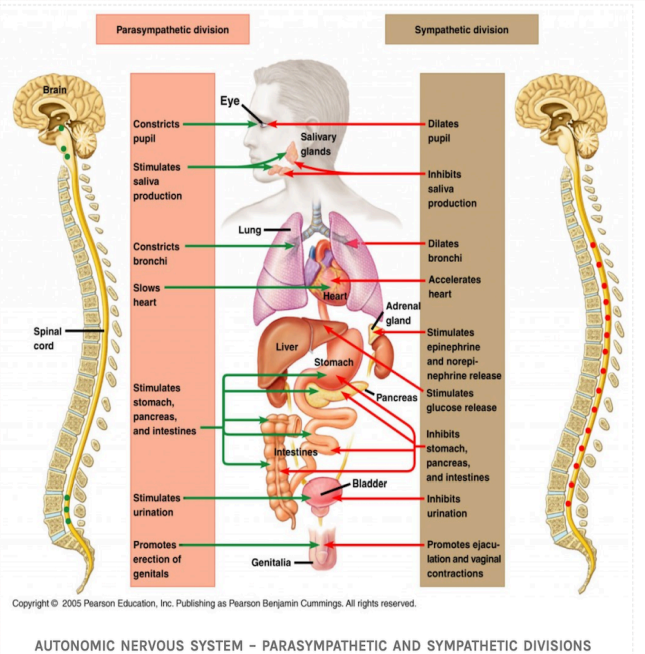
WHAT CAN I DO TO RELAX?
- Yoga, nature walks, listening to music
- Deep breathing
- Meditation everyday helps many people to relax as it is known to activate the parasympathetic nervous system i.e rest and digest state, which plays a role in the HPA axis (2)
REFERENCES - Nerve stimulation : Immunomodulation and control of inflammation.
Luis Ulloa 1, Salvador Quiroz-Gonzalez https://pubmed.ncbi.nlm.nih.gov/29162418/ - Physiology of the Autonomic nervous system
https://www.ncbi.nlm.nih.gov/pmc/articles/PMC1959222/
DISCLAIMER
- The information provided is general and has not been tailored to participants’ individual underlying health
concerns or any prescription medication they may be taking. You may book a personalised nutritional therapy
consultation to consider further your individual needs. - The information is for educational purposes and must not replace medical advice.
- If you have a diagnosed medical condition, you should consult a doctor before making any significant changes
to your diet.
